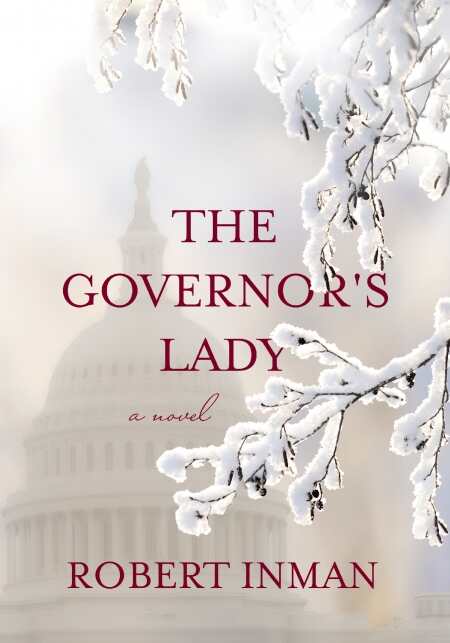The Governor's Lady
Master of dialogue, Robert Inman’s new novel is insightful, engaging, and swiftly paced.
Robert Inman’s most recent book, The Governor’s Lady, delves into the dynamic political arena. It moves at a rapid, intoxicating pace. As a former journalist who covered politics for years before becoming the press secretary for Lieutenant Governor Albert Brewer of Alabama, Inman is intimately familiar with the inner workings of the Southern political landscape, and he takes this opportunity to examine the role women play in this old boys’ club setting.
When the book opens, the protagonist, Cooper Lanier, is about to become the governor of the state of Alabama, replacing her husband, Pickett, who is in the midst of launching his presidential campaign. The novel chronicles Cooper’s first few days in office when she discovers that her husband thinks of her as no more than a puppet in his political agenda. Infuriated by this revelation, Cooper must decide: will she remain docile and adherent to her overbearing husband, or will she declare war on his scheme, instead?
Inman’s keen descriptions of his characters make them easy to imagine. He paints a vivid picture of a newspaper reporter, Kincaid Wheeler, who plays a crucial role in the plot’s undoing. “He was in his early seventies—tall, big-boned, intense, a great shock of unruly white hair matched by riotous eyebrows, a shower of dandruff on the shoulders of his sagging corduroy jacket.” Plato Underwood, Pickett’s “political alter ego, chief of staff during his two terms as governor, now national campaign manager,” is “a fussy little man, bald and bow-tied, pinch-faced and humorless.” His last name also provides insight into his inevitable downfall, which is the case with so many of the characters in this novel. In fact, as they begin to reveal their true selves, nearly every man in the book crumbles in the face of Cooper’s moral, sound judgment. This makes for a number of relatively two-dimensional characters. Even Cooper, who appears to be a smart, sophisticated woman, comes across as very naïve and unaware when she is dumbfounded by her husband’s political games. The reader is left wondering how a sensible, observant character could have been so chronically oblivious to her husband’s deceptive ways.
The archetypes Inman invokes in his latest novel—the evil dying mother, the disloyal, conniving husband—make the novel feel slightly predictable. But Inman’s mastery of dialogue and the fast-paced, engaging story line make it well worth the read.
Reviewed by
Jacquelyn Lazo
Disclosure: This article is not an endorsement, but a review. The publisher of this book provided free copies of the book to have their book reviewed by a professional reviewer. No fee was paid by the publisher for this review. Foreword Reviews only recommends books that we love. Foreword Magazine, Inc. is disclosing this in accordance with the Federal Trade Commission’s 16 CFR, Part 255.

